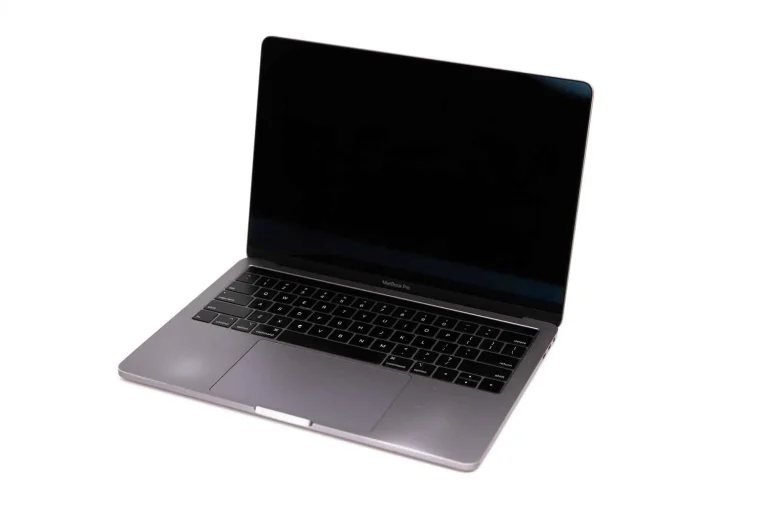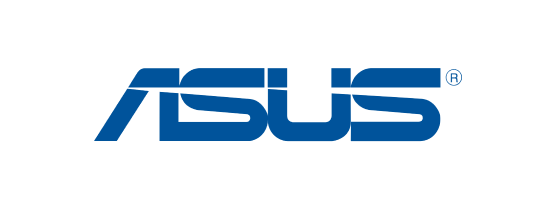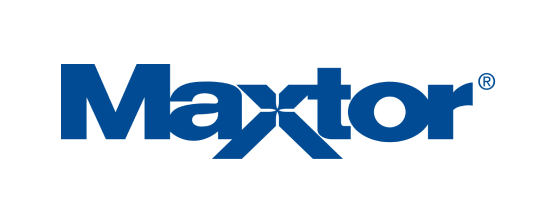At Data Recovery New York, we understand the importance of your data and the substantial impact of its loss. That’s why our RAID 1 data recovery services in New York are tailored to meet the urgent needs of individuals and businesses alike. RAID 1, known for its mirroring capability, provides redundancy but is not impervious to failure. If you encounter hardware malfunctions, software problems, or data corruption, our skilled team is equipped with modern technology and methods to recover your data quickly and securely. Trust us to be your reliable partner in retrieving valuable information with minimal downtime.
Understanding RAID 1
At Data Recovery New York, we recognize the unique benefits of RAID configurations for users needing optimized performance and increased storage capacity. RAID 1 is frequently utilized in critical systems where data redundancy is necessary. We are well-versed in the nuances of RAID 1, which mirrors data across two or more disks. This mirroring sets RAID 1 apart, ensuring an exact copy of all data is maintained, providing a fail-safe in case of a single drive failure. With its focus on data integrity and redundancy, RAID 1 is often the go-to choice for businesses where preserving data is more important than maximizing storage capacity or achieving peak performance.
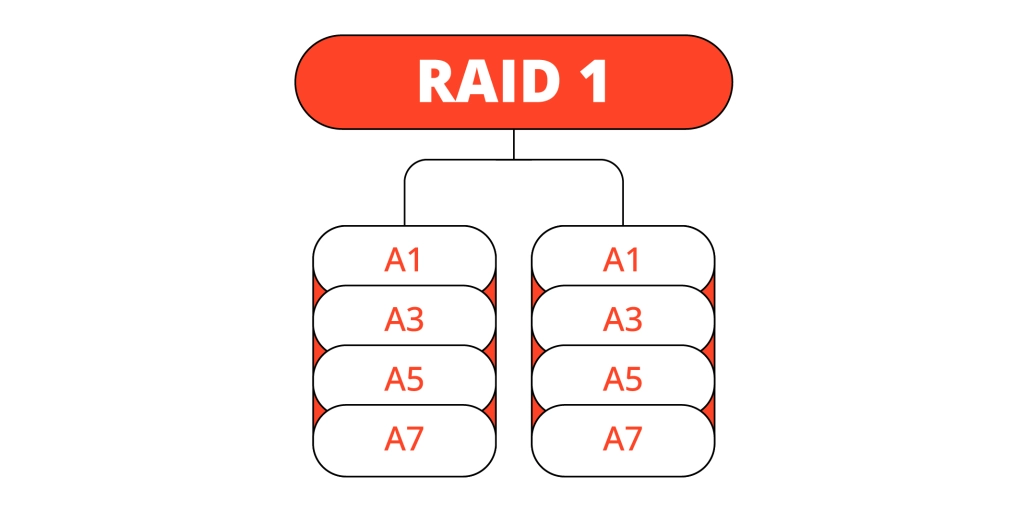
At Data Recovery New York, our skilled technicians are ready to recover data from your storage device. With our extensive experience and access to state-of-the-art tools, we support a 99% success rate.
Rest assured that when you choose Data Recovery New York, you are entrusting your data to a reliable and experienced team dedicated to retrieving your valuable information.
Request Data Recovery
"*" indicates required fields
RAID 1 Possible Failure and Data Loss
RAID 1 configurations are renowned for their reliability due to the mirroring of data across multiple disks, but like any technology, they are not fail-proof. The reasons for RAID 1 failures can be categorized and dissected as follows:
Mechanical Failure
Hard drives with moving parts can experience wear and tear, leading to mechanical failures over time. In RAID 1, the system can operate on the functioning drive if one fails. Yet, prompt replacement is crucial if the second drive fails to prevent total data loss.
Software Issues
Software issues such as a corruption of the file system can occur, rendering the data on the RAID 1 array inaccessible. Although the data is mirrored, if the corruption is severe, it may affect both drives simultaneously.
Virus and Malware
Malicious software can infiltrate the system and cause data corruption or loss on a RAID 1 setup. Since both drives mirror the same data, a virus can compromise the integrity of the entire array.
Human Error
Accidental deletion of files or incorrect reconfiguration of the RAID setup can lead to data loss. Even though the drives themselves are mirrored, user errors can immediately impact both copies of the data.
Power Issues
Power surges, outages, or inadequate power supply can cause damage to the drives or RAID controller, leading to potential data loss or the need for a system reboot, which can exacerbate existing issues within the disks.
Controller Failure
The RAID controller is a critical component that manages the array, and should it fail, the entire RAID 1 setup can become non-functional until the controller is repaired or replaced.
Data Recovery New York is an authority in mitigating risks and implementing effective recovery strategies for RAID 1 arrays. Whether mechanical wear, electrical faults, or user mishaps, we are committed to helping our clients recover their valuable data with the utmost reliability and security.
Our file verification process via remote session is integral to customer satisfaction. Unlike other companies, we are the only ones offering this unique service. Following successful data recovery, we initiate a remote session that allows our customers to peruse and check their files on their own.

RAID 1 Recovery Process
The RAID 1 data recovery process at Data Recovery New York is tailored to ensure maximum data recovery efficiency. Initially, the recovery process begins with assessing the RAID 1 array to determine the nature of the problem. Our specialists conduct a diagnosis to identify whether the cause is mechanical failure, software corruption, or something else.
Initial Consultation and Evaluation
The process starts with an initial consultation where the client details the data loss situation. Our team then thoroughly evaluates the RAID 1 array to understand the scope and nature of the failure.
Shipping and Receiving
We provide the client with a prepaid shipping label, enabling them to send the affected RAID array to our lab securely for recovery.
Diagnostics and Drive Cloning
A comprehensive diagnostic is performed to ascertain the failure’s specifics upon receiving the drives. We then clone the drives to create a bit-for-bit copy, ensuring data integrity is maintained before the recovery begins.
Fault Isolation and Repair
Our specialists pinpoint and isolate faults within the drives or RAID array. Any repairable hardware issues are addressed to facilitate data access.
Data Reconstruction
The team undertakes data reconstruction using advanced software and proprietary processes. This involves piecing together data from the copies of the RAID drives, ensuring that the maximum amount of data is recovered.
Data Validation
Once data is recovered, it undergoes a validation process to ensure completeness and integrity. Our clients are provided with a file list to verify that critical data has been retrieved. We also offer a remote verification session where clients can look through the recovered data to ensure its accuracy.
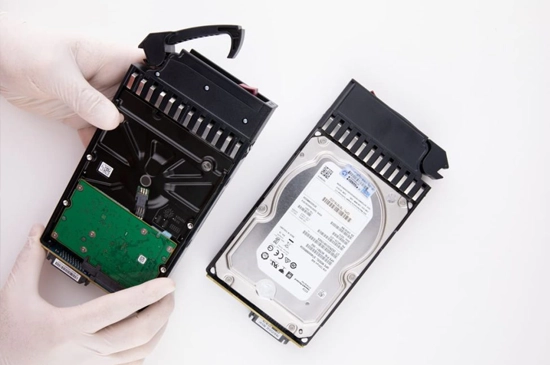
Secure Data Return
After successfully recovering and validating data, it is securely transferred onto new storage media. The data is then shipped back to the client or, in certain cases, securely transmitted via encrypted online methods.
Post-Recovery Support
We extend our services beyond the recovery process by offering advice on implementing robust data backup and protection strategies to mitigate potential future data losses.
The Data Recovery New York approach prioritizes thoroughness and attentiveness for each recovery step. It ensures that the client is supported and informed throughout the process, from initial evaluation to secure return of their data.
"*" indicates required fields
Data Security in RAID 1 Recovery
Data security is paramount in the RAID 1 recovery process, as it involves handling sensitive information requiring the highest confidentiality and protection level. At Data Recovery New York, we understand the importance of safeguarding our clients’ data throughout recovery. To this end, we’ve implemented stringent security protocols. All data is encrypted during the transfer process, ensuring unauthorized parties cannot access the information.
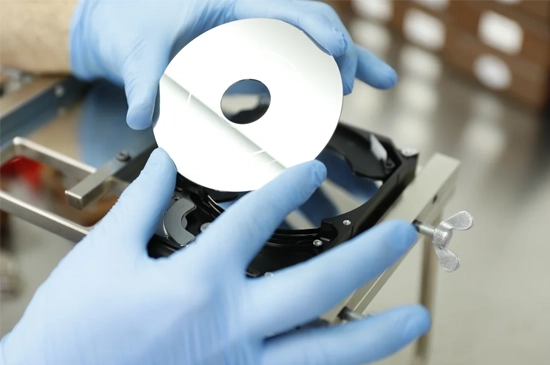
Our recovery specialists undergo regular security training to stay updated on the latest data protection practices, and access to client data is strictly controlled and monitored within our state-of-the-art facilities.
We utilize cutting-edge technology and forensic tools that enable us to recover data with minimal risk to its integrity. Additionally, for peace of mind, we provide a secure chain of custody during the physical transport of storage devices, and all recovery operations are conducted in safe, access-controlled labs.
Our clients are continually kept in the loop with updates throughout the recovery stages, and once the process is complete, the recovered data is stored on encrypted media. This commitment to security ensures that while we restore our clients’ access to their precious data, we also preserve their privacy and trust.


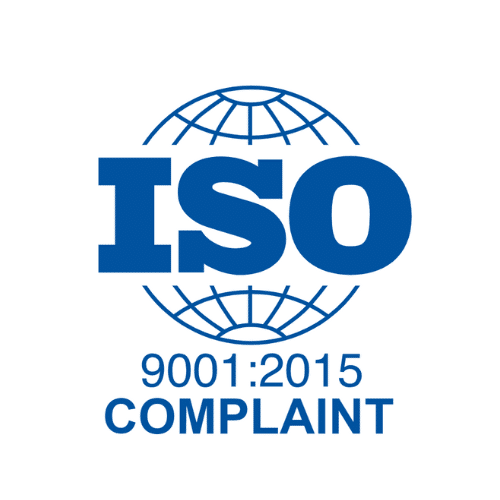
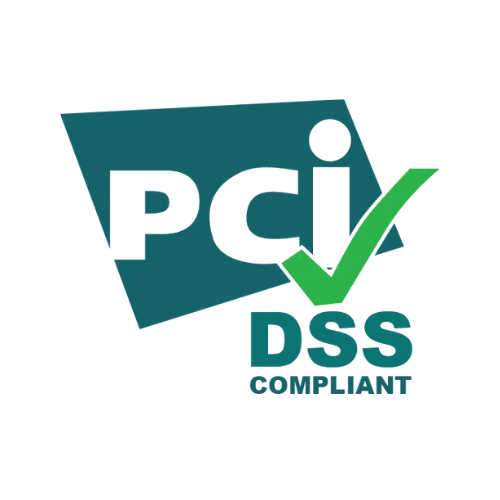
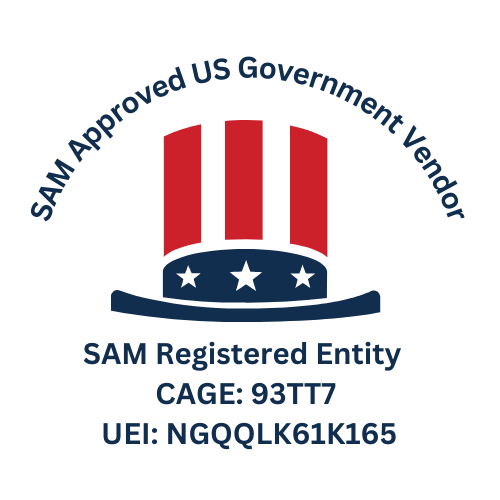



Data Recovery
We provide server recovery services, ensuring minimal downtime for your operations.
Data Recovery
We retrieve data from desktop computers, irrespective of the operating system in use.
Recovery
We provide services for USB drives, restoring data that may be corrupted or deleted.
FAQ about RAID 1 Data Recovery
What is RAID 1, and how does it differ from other RAID configurations?
RAID 1, or mirroring, involves copying identical data onto two or more hard drives. This redundancy means if one drive fails, the other can still provide the data, ensuring no data loss. This differs from RAID 0, which strips data across drives for performance gain but offers no redundancy, making it vulnerable to data loss if a single drive fails. RAID 1’s primary advantage is its high level of data protection, making it a popular choice for critical data storage where downtime and data loss cannot be afforded.
Can I recover specific files from my failed RAID 1 array?
Our expert engineers can target and recover specific files or folders from your failed RAID 1 array. Whether you need to retrieve important documents or sentimental photos, we can help recover your most valuable data.
Can I recover the data on my own from a failed RAID 1 array?
While it may be tempting to try and recover data on your own, it can lead to further damage and potential permanent data loss. Trusting professional data recovery services with the experience and tools necessary to safely recover your valuable data is best.
What if I cannot visit your office to drop off my RAID 1 device?
We offer convenient shipping labels for those unable to visit our office in person. You can securely ship your RAID 1 device to our lab, and we will handle the recovery process with the utmost care.
How can I trust the shipping process with my sensitive RAID 1 data?
We understand the importance of data security. That’s why we provide secure, tracked, and insured shipping options to ensure your device reaches us safely. Upon arrival, your data will be treated with strict confidentiality throughout recovery.

































"*" indicates required fields
